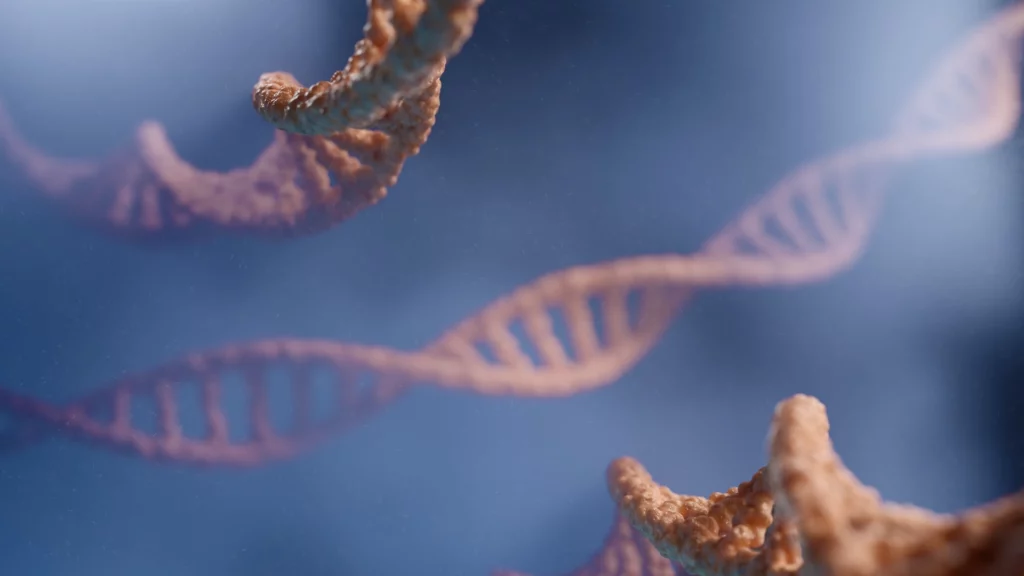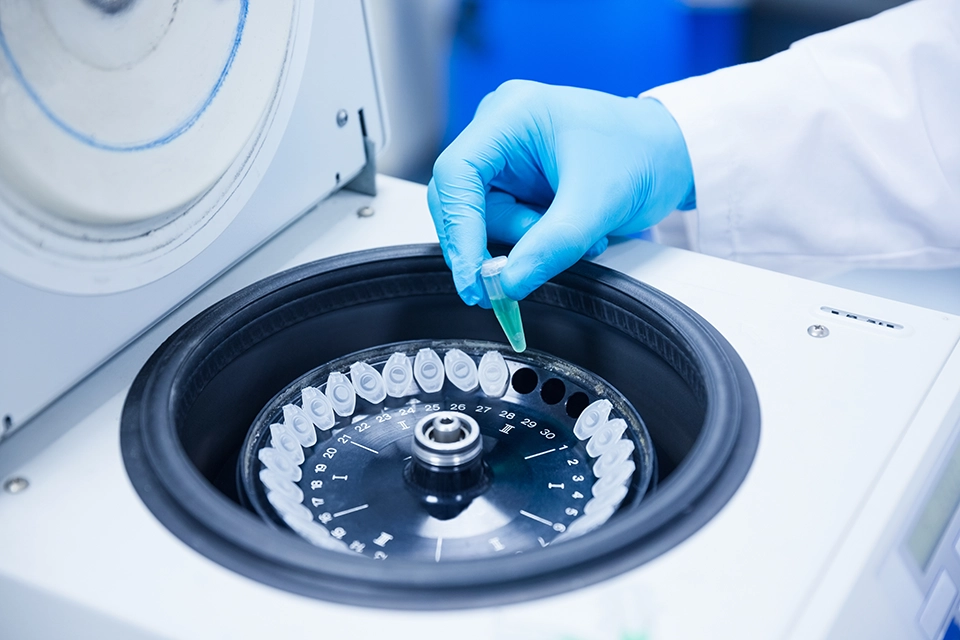When you discuss the topic and implications of the synthetic biology industry, one can’t help but feel like we have time-traveled to the year 2083. It is changing everything about how we fuel, heal, and feed the world.
According to a new Market.us report, the synthetic biology market size is expected to be worth USD $96.4 Billion by 2033 (from USD $16.5 Billion in 2023). 42.1% of that total revenue was in the United States alone.
Synthetic biology is a rapidly growing field that uses engineering principles to design and build new biological parts, devices, and systems. It is a multidisciplinary field that combines engineering, biology, chemistry, and computer science.
Synthetic biologists are interested in creating new biological systems that can perform specific tasks, such as producing new chemicals, cleaning up pollution, or developing new medicines. They are also interested in redesigning existing biological systems to improve their performance or to give them new capabilities.
It is hard to think of an area of our lives that isn’t touched by advancements in synthetic biology. Although still in its early stages, synthetic biology can revolutionize how we solve problems and live our daily lives.
A few of the many potential applications of synthetic biology
Medical Marvels
Synthetic biology is ushering in a new era of healthcare with the discovery of novel drugs, innovative treatments, and advanced diagnostic tools. It’s paving the way for personalized medicine, targeted therapies, and breakthroughs in disease prevention and treatment.
Sustainable Energy
Synthetic biology is pioneering the production of fossil fuel alternatives, including biofuels and bioplastics from renewable sources. For example, algae and bacteria, which have become sustainable powerhouses, reducing greenhouse gas emissions and driving us towards a cleaner, greener future.
Environmental Stewardship
Confronting pollution head-on, synthetic biology offers solutions for cleaning up oil spills, purifying wastewater, and restoring damaged ecosystems. Nature and technology unite to tackle environmental challenges and preserve our planet.
A greener approach to the fashion industry is another area where we are seeing a ton of innovation. Synthetic biology is looking at more environmentally-conscious approaches to sourcing and processing clothing materials, as well as ways to address the impact on landfills from the “fast-fashion” industry.
Supercharged Agriculture
Feeding a growing global population becomes more efficient and nutritious as synthetic biology enhances crop development. Pests and diseases are combated with genetically modified crops that offer higher yields, increased resilience, and improved nutritional content.
Exciting synthetic biology business adventures and start-ups:
- US-based Modern Meadows is a climate-tech pioneer in bio-materials that uses biofabrication to create sustainable materials.
- Denmark-based Cysbio uses advanced metabolic engineering and synthetic biology approaches to construct bacterial cell factories for transforming the production of biochemicals from renewable feedstocks.
- US-based startup Siolta Therapeutics has taken a microbiome-based approach to developing therapeutic microbial consortia to prevent and treat inflammatory diseases, like atopic dermatitis and allergic rhinitis
- US-based Asimov is focused on protein biologics, viral vectors, and cell/gene therapy and offers a genetic design platform for mammalian synthetic biology
As the field of synthetic biology continues to grow, it is likely that we will see even more interesting start-ups in the years to come.
If you are a synthetic biology start-up and are looking to finance analytical instrumentation, contact us today to learn more about our financing programs.



